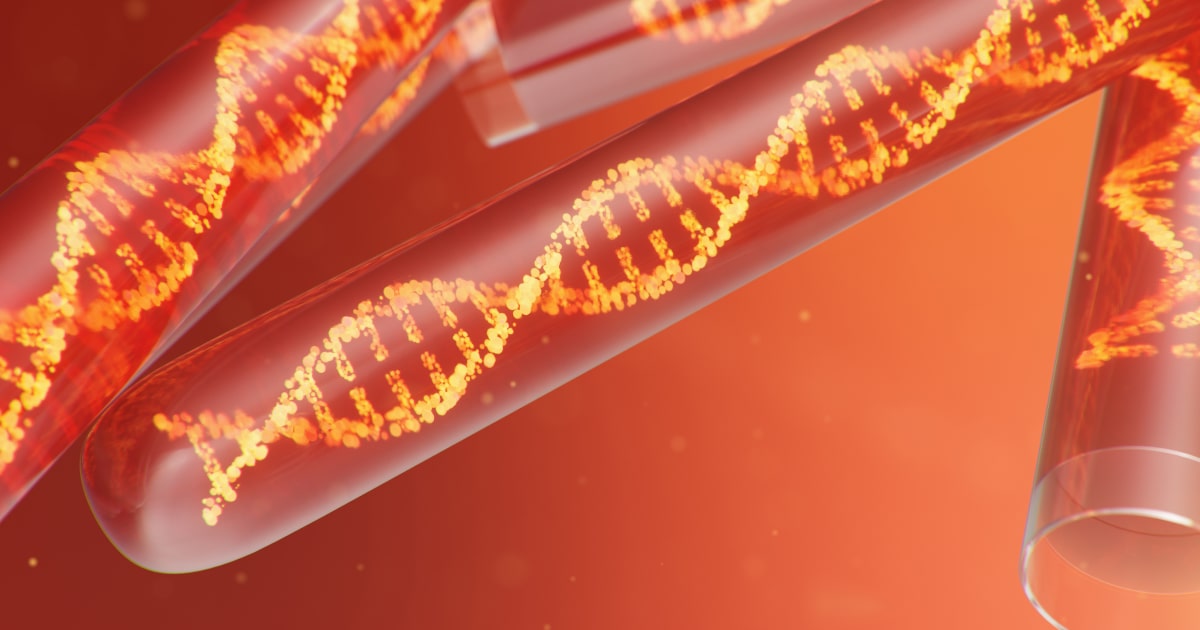
Expert Reviewed By: Dr. Brandon Colby MD
Pravastatin, a commonly prescribed cholesterol-lowering medication, is used to reduce the risk of heart disease and stroke. However, not all patients respond to this medication in the same way. In this article, we will explore the importance of understanding and diagnosing pravastatin response efficacy, and how genetic testing can play a crucial role in optimizing treatment outcomes for patients.
What is Pravastatin Response Efficacy?
Pravastatin belongs to a class of drugs called statins, which work by inhibiting an enzyme called HMG-CoA reductase. This enzyme is responsible for the production of cholesterol in the liver. By blocking its action, statins effectively lower the levels of low-density lipoprotein (LDL) cholesterol, also known as "bad" cholesterol, in the bloodstream.
Pravastatin response efficacy refers to the extent to which an individual's cholesterol levels are lowered in response to pravastatin treatment. This can vary significantly between individuals, with some patients experiencing a significant reduction in LDL cholesterol, while others may see little to no improvement. Understanding and diagnosing an individual's pravastatin response efficacy is essential for determining the most effective treatment plan and reducing the risk of heart disease and stroke.
Factors Influencing Pravastatin Response Efficacy
Several factors can influence an individual's response to pravastatin, including age, sex, weight, diet, and lifestyle choices such as smoking and alcohol consumption. However, one of the most significant factors is genetics. Research has shown that specific genetic variations can impact the way an individual metabolizes pravastatin, ultimately affecting their response to the medication.
Using Genetic Testing to Identify Pravastatin Response Efficacy
Genetic testing can be a valuable tool in identifying an individual's likelihood of responding positively to pravastatin treatment. By analyzing an individual's DNA, healthcare providers can identify genetic variations that may impact pravastatin metabolism and response. This information can then be used to optimize treatment plans, potentially increasing the medication's effectiveness and reducing the risk of heart disease and stroke.
Benefits of Genetic Testing for Pravastatin Response Efficacy
There are several benefits to using genetic testing to assess pravastatin response efficacy, including:
- Personalized treatment plans: By identifying an individual's genetic predisposition to pravastatin response, healthcare providers can tailor treatment plans to optimize efficacy, potentially increasing the medication's effectiveness and reducing the risk of heart disease and stroke.
- Improved patient outcomes: Genetic testing can help identify patients who may not respond well to pravastatin, allowing healthcare providers to explore alternative treatment options and ultimately improve patient outcomes.
- Reduced healthcare costs: By identifying patients who are unlikely to respond well to pravastatin, healthcare providers can potentially reduce the number of unnecessary prescriptions and associated healthcare costs.
Conclusion
In conclusion, understanding and diagnosing pravastatin response efficacy is crucial for optimizing treatment outcomes and reducing the risk of heart disease and stroke. Genetic testing can play a vital role in this process by identifying genetic variations that may impact an individual's response to pravastatin. By incorporating genetic testing into treatment plans, healthcare providers can personalize treatment plans, improve patient outcomes, and reduce healthcare costs.
About The Expert Reviewer
Dr. Brandon Colby MD is a US physician specializing in the personalized prevention of disease through the use of genomic technologies. He’s an expert in genetic testing, genetic analysis, and precision medicine. Dr. Colby is also the Founder of and the author of Outsmart Your Genes.
Dr. Colby holds an MD from the Mount Sinai School of Medicine, an MBA from Stanford University’s Graduate School of Business, and a degree in Genetics with Honors from the University of Michigan. He is an Affiliate Specialist of the American College of Medical Genetics and Genomics (ACMG), an Associate of the American College of Preventive Medicine (ACPM), and a member of the National Society of Genetic Counselors (NSGC)